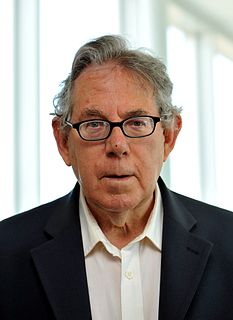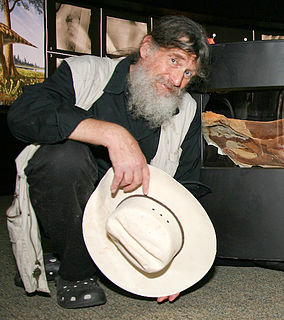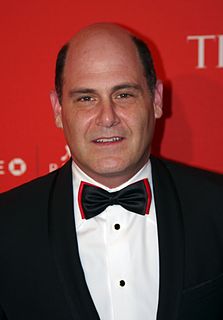A Quote by David Grinspoon
What I'm interested in is the conversations going on about the Anthropocene and what it means to view ourselves as a part of Earth's geological history.
Quote Topics
Related Quotes
When geologists announced the beginning of a new geological epoch, the Anthropocene, humans destroying the environment, one of the main things they pointed to is the use of plastics in the earth. We don't think about it, but it has a tremendous effect. But these are things you don't see right in front of your eyes. You need to think about them a little, to see what the consequences are. It's easy to put them aside, and the media don't talk about them.
But you know what, honestly? I'm not that interested in advertising. I think it's a great way... It's such a huge part of our culture. It's like saying, "Are you interested in hair?" It's such a part of our life, and it's such a reflection of how we feel about ourselves, and what we're interested in, and what we want to be.
As for climate change, it's by now widely accepted by the scientific community that we have entered a new geological era, the Anthropocene, in which the Earth's climate is being radically modified by human action, creating a very different planet, one that may not be able to sustain organized human life in anything like a form we would want to tolerate.
The image of Earth from space transformed our view of ourselves. It is maybe the most important image that exists - because we can see ourselves in context in a way that otherwise would be really hard to explain. It should inspire us to wonder about it, to want to know everything we can about it and do everything we can to take care of it.


































